Contents
Guide
PRIMETIME BLUES
AFRICAN AMERICANS
ON NETWORK TELEVISION
DONALD BOGLE
FARRAR, STRAUS AND GIROUX  NEW YORK
NEW YORK
The author and publisher have provided this e-book to you for your personal use only. You may not make this e-book publicly available in any way. Copyright infringement is against the law. If you believe the copy of this e-book you are reading infringes on the authors copyright, please notify the publisher at: http://us.macmillanusa.com/piracy.
To three terrific Bogles:
Roger, Jerry, and Jay
to Mark and Mechelle
to Bobby and Mariskia
to H. Alfred Farrell and Emery Wimbish
and
to my hero,
today, tomorrow, forever,
Roslyn Woods Bogle
Growing up in a quiet suburb of Philadelphia, where everything closed at nine in the evening and where life in the early 1960s moved at a fairly leisurely pace, I spent most of my spare time at the moviesand the rest of it plopped in front of the TV set. I saw just about everything that came on the tube, whether it was the variety shows, the nightly news shows, or the sports shows. But mainly I watched with sometimes rapt, sometimes casual attention the new primetime series, or even the old series, mostly sitcoms, that were already rerun in syndication, often five days a week.
From the first, I was struck whenever I saw an African American performer. It might be the exuberant and much maligned cast of Amos n Andy, led by Tim Moore, Spencer Williams, and Ernestine Wade. Or it might be Eddie Anderson as the clever and confident Rochester on The Jack Benny Show. Or Ethel Waters, who had played the loyal maid on Beulah, in some of her guest appearances on programs like Route 66 and Daniel Boone. Or later Bill Cosby on I Spy.
Even as a kid, I often found myself asking all sorts of questions about what I was seeing and enjoying. The friendly maid Beulah never appeared fazed by the fact that she was a servant in a household that clearly took her for granted. Didnt she ever grow tired of always smiling and pleasing the white Henderson family? As witty and resourceful and independent as Rochester was, wouldnt it have been delirious fun to see his life dramatized away from his boss, Jack Benny? Even the progressive Scotty on I Spy chummed it up with his white buddy Kelly without the subject of raceor the cultural distinctions that had to exist between the two menentering into their friendship. Before I could consciously express it, I think I was aware, as was most of Black America, of a fundamental racism or a misinterpretation of African American life that underlay much of what appeared on the tube.
Yet I kept watching television. Because Black performers in series were still relatively rare, they always meant much to me, as they did to the rest of the African American audience. Usually, I liked the people I was seeing. Something about the warmed-over tones of Ethel Waterss voice or the cockiness of Andersons Rochester or the shrewd intelligence of Scotty always intrigued and drew me to them. I already felt that way about many of the African American actors and actresses I had seen in old films, some of whom now appeared on television. Beneath the characters they played, there often appeared to be another person, one the actual text didnt seem to know much about.
Later, in the 1970s, like most of the nation, I was caught up in such television specials as The Autobiography of Miss Jane Pittman and Roots. Cicely Tyson, John Amos, Madge Sinclair, Ben Vereen, Leslie Uggams, and Olivia Cole gave masterly, thought-out performances that were often searing, poetic, and, rare for the tube, larger than life with movie-screen-size emotions and passions. But, frankly, during the era of shows like Good Times and The Jeffersons, I lost some of my interest in the tube. After all the social/political momentum of the late 1960s, the new primetime series seemed like dated throwbacks to the past. Too much clowning. Too many exaggerations.
Yet I was surprised by the people I knew who watched these shows and discussed the characters and story lines in such detail that it was obvious that they were connecting with the programs in a more personal way than they may have realized. Often, too, I noticed that even among those people who professed to hate television, except perhaps for some of the programming on PBS, there was a moment when they might mention some network primetime series with a surprising note of familiarity. Just about everyone seemed to have at least one show that they indulged in weekly, their guilty pleasure, a program they watched so intently that, during its broadcast, they did not want to be interrupted by phone calls or visitors. When I took another look at a show like Sanford and Son or The Jeffersons, I could understand why. I had to admit that while I grew weary of all the hootin and hollerin, it was pretty hard to resist people like Redd Foxx, Sherman Hemsley, and Marla Gibbs.
In the 1980s, I found myself going back to television, relaxing in the rhythms of certain primetime series in a way I hadnt done since I was a kid. Programs as different as Miami Vice and Dynasty caught my attention, especially when their African American characters were on full view. But it was really The Cosby Show that reawakened something in me. At first I thought the series seemed too soft and agreeable for its own good without any social bite or political consciousness. Then, gradually, as I got to know its characterstheir quirks, enthusiasms, follies, and passionsand its situations; even as I grew accustomed to the look of the series with its living-room sofa always facing the viewer, with the swinging door that led to the kitchen, with the refrigerator that Cliff loved rummaging through; as I came to anticipate the exchanges between Cliff and Clair and between them and their children, I found myself enjoying the series and actually missing it on those weeks when I had not been able to watch it.
What struck me most about The Cosby Show was that I had seen, during my suburban childhood, African American families similar to the Huxtables. But I had never seen such a family on television. Many critics might complain that the series was too idealized and too removed from the lives of most African American families. But there was a reason why it was popular with Black America as well as with white America; why, within the African American community itself, its appeal crossed lines of class and gender. The Cosby Show demonstrated the unique perspective that could be brought to the primetime series when an African American artist was in control of the material.
Afterward I thought more about the way the primetime series recorded or failed to record African American life. I began thinking again about my early childhood viewing experiences, what attracted me to tube characters, what disappointed me. I started making notes to myself on the way televisions view of African Americans had changed over the decades, in large part because of the primetime network series, but also on the way in which some fixed images of African Americans had not progressed very far at all.
I became fully aware that, for better or worse, the weekly primetime series had a greater effect on viewer perceptions of African American experiences than almost any other form of television. That had probably been most apparent in the mid-1960s. In the early years of that politically restless era, there had been no new series starring African Americans. But throughout the era, as the nightly news recorded the boycotts, marches, and demonstrations of the civil rights movement, shocking the nation with images of fire hoses and billy clubs turned on African American protesters, mainstream America was jolted into a new awareness of a disenfranchised Black America determined to have full and equal rights. Yet much of mainstream America still thought of the new Negro as someone

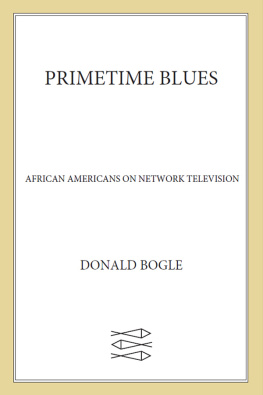
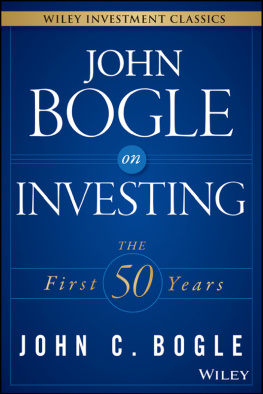
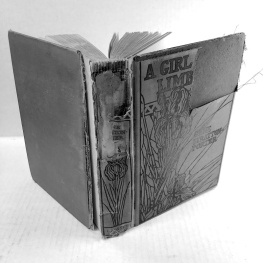
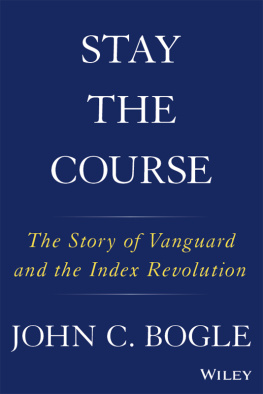
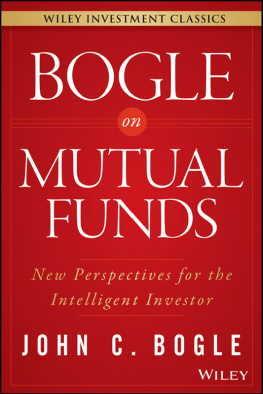
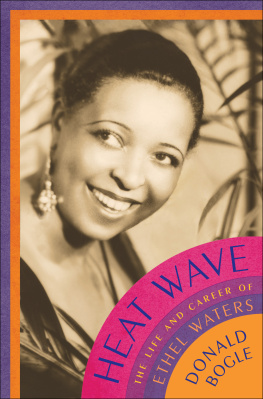
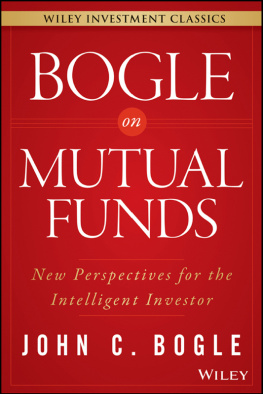
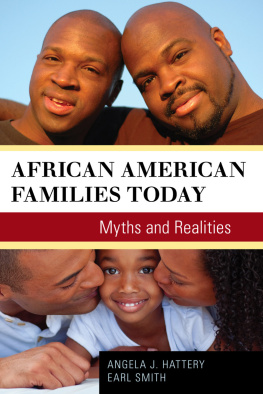

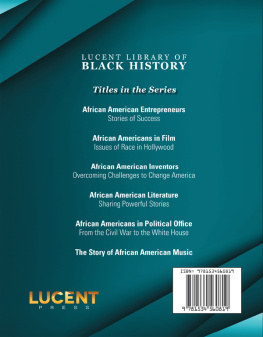

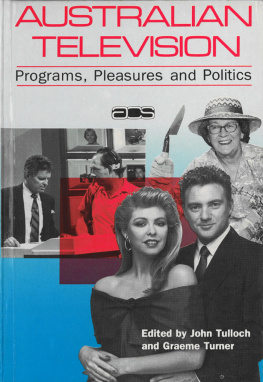
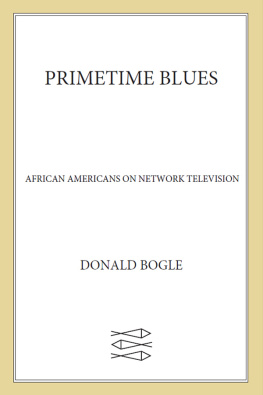

 NEW YORK
NEW YORK